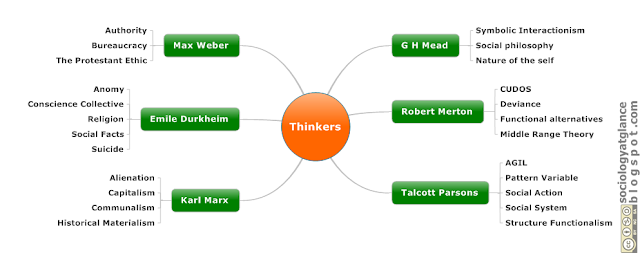The role of value in sociological inquiry is debatable. As sociologists observe social reality of their own society, implicitly or explicitly the social research is value laden.
Beginning from August Comte, a positivist, advocated for the value free sociology and studied structure of the society. Likewise, Emile Durkheim and Karl Marx didn't give much importance to value while studying social structure.
Max Weber in his work The Protestant Ethic and Spirit of Capitalism, 1904 gave importance to social action determined by value system which in turn leads to social consequences and social structures. Talcott Parsons in his Social System and Pattern Variables highlighted value system which is responsible for socialization, consequently leading to different social roles and social institutions. However, David J. Gray in his paper Value-free Sociology: a Doctrine of Hypocrisy and Irresponsibility argues that Durkheim's classical work Suicide did not shy away from value question. Durkheim discussed at some length the means by which the "evil" could be overcome. Gray also says value orientation in Comte's advocacy of sociocracy, Tönnies' bias for Gemeinschaft and opposed to Gesellschaft, Cooley's fascination for primary group and Veblen's condemnation of conspicuous leisure all testify to value commitment on their part.
